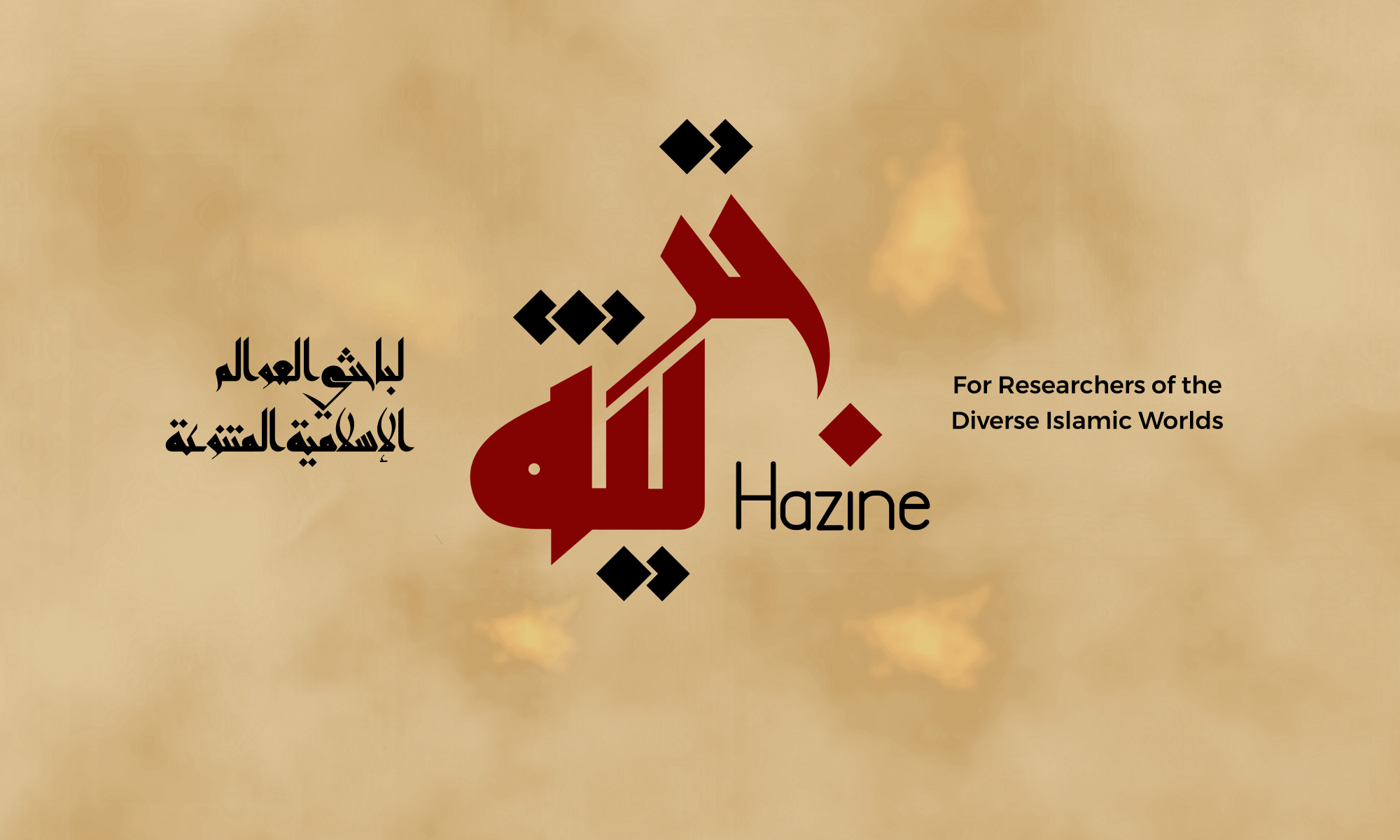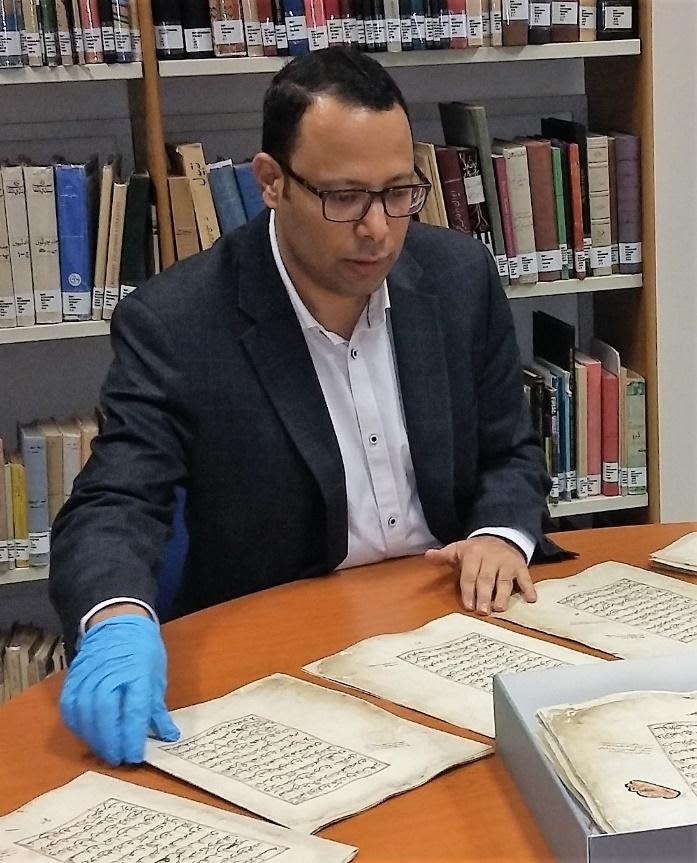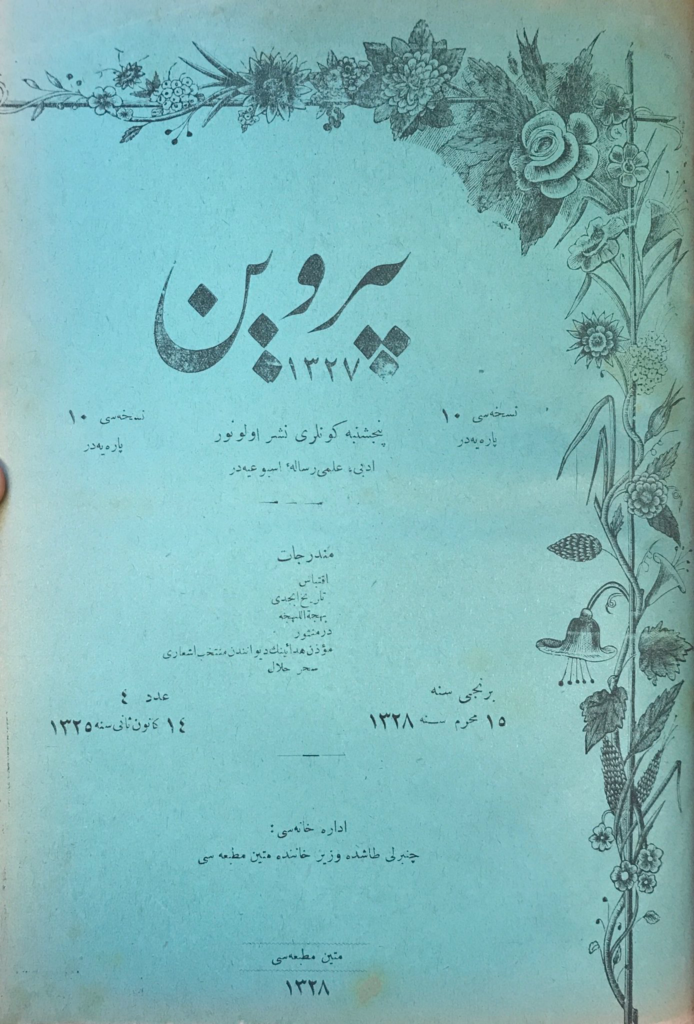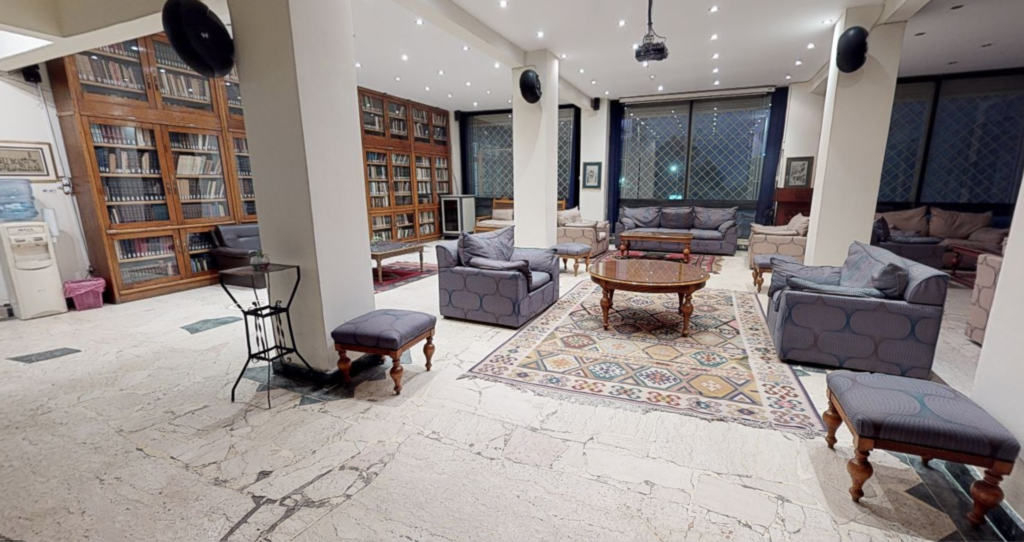By Amy Fallas
Under normal circumstances, many of us would be deep in archival work that usually characterize our academic summers. Although COVID safety measures prevent us from traveling to research sites and accessing physical archives, it doesn’t mean we have to stop developing our projects. Countless digital and open access resources are available to historians who are for the time being at home and to those for whom travel may be an issue now and in the future. As a scholar of modern Egypt, precarious access to archival material is a constant factor; so, in addition to in-person research, I also regularly consult online sources. I’ve compiled a brief list of some of these online repositories in hopes it can help researchers working on nineteenth and twentieth century Egypt who are currently looking to diversify their source base or need access to primary sources.
Continue reading “Researching Modern Egypt Online”


